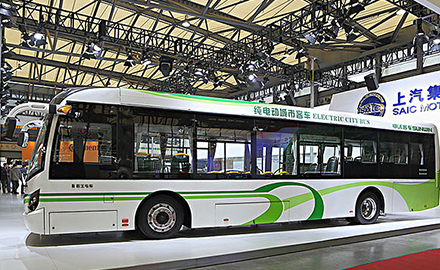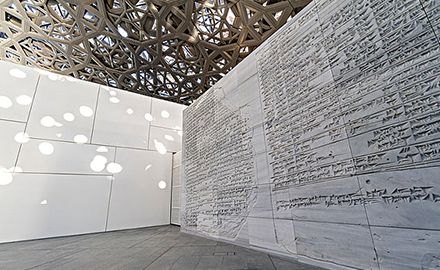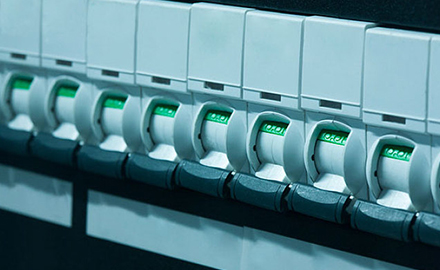What is SMC Injection Molding?
SMC is the abbreviation for "Sheet Molding Compound", which is a sheet molding compound made from a mix of thermosetting resin (such as unsaturated polyester resin), glass fiber reinforcement, fillers, and various additives. SMC injection molding is a technique where this prepreg material is pressed and formed in a closed mold by heating and applying pressure. This molding process retains the high strength advantages of traditional hot press molding while also offering high dimensional accuracy and the ability to form complex structures.
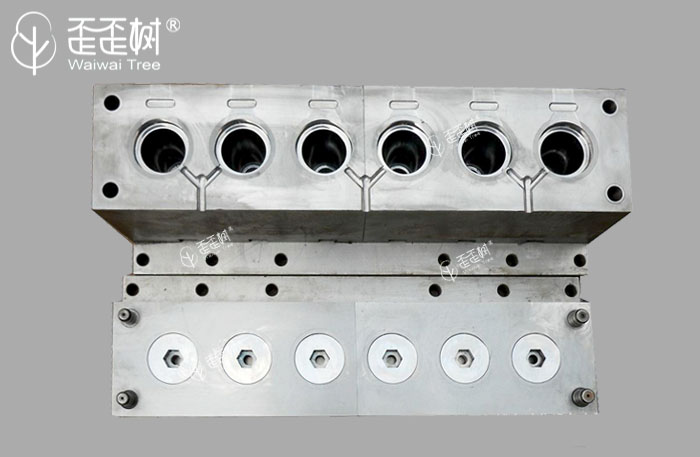
Core Features of SMC Injection Molding
Coexistence of High Strength and Lightweight
The high proportion of glass fiber reinforcement in SMC material endows its products with excellent mechanical strength, impact resistance, and fatigue resistance, while also being lighter than traditional metal parts, making it suitable for fields with high lightweight requirements such as new energy vehicles and aerospace components.
Complex Structures Formed in One Go
Compared to traditional metal processing that requires multiple steps, SMC injection molding can achieve "one-time molding" of various complex structures, greatly improving production efficiency and reducing mold assembly and post-processing costs.
Dimensional Stability of Thermosetting Materials
SMC is a thermosetting composite material that does not soften again after forming, regardless of temperature, thus providing good dimensional stability, high-temperature performance, and deformation control, making it especially suitable for applications in outdoor or high-temperature environments.
Excellent Corrosion Resistance and Insulation
SMC composite materials exhibit good resistance to various chemical media and high electrical insulation, making it an ideal material for power equipment enclosures, switchgear, high-voltage insulation covers, and other products.
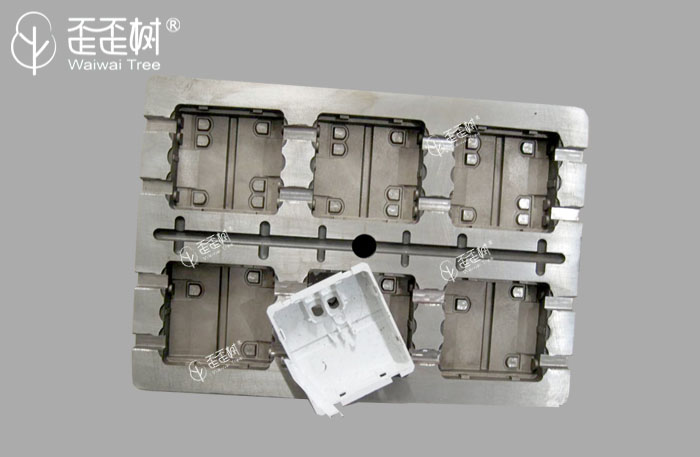
Main Application Areas of SMC Injection Molding
Automotive Industry: In the manufacture of new energy vehicles and commercial vehicles, SMC is used for battery enclosures, car roofs, engine hoods, underbody panels, etc. It enhances safety while contributing to vehicle weight reduction and energy efficiency control.
Electrical Equipment: The electrical insulation and corrosion resistance of SMC make it the preferred material for key components such as medium and high-voltage cable junction boxes, distribution cabinets, and insulators.
Construction and Infrastructure: Used for elevator door panels, exterior wall decorative panels, urban manhole covers, etc., SMC products offer strong weather resistance and customizable appearance, meeting the aesthetic and functional needs of modern buildings.
Rail Transportation and Aerospace: The high strength, lightweight, and fire resistance of SMC components make them suitable for train interiors, seats, luggage racks, and other areas, meeting the transportation standards of safety and comfort.
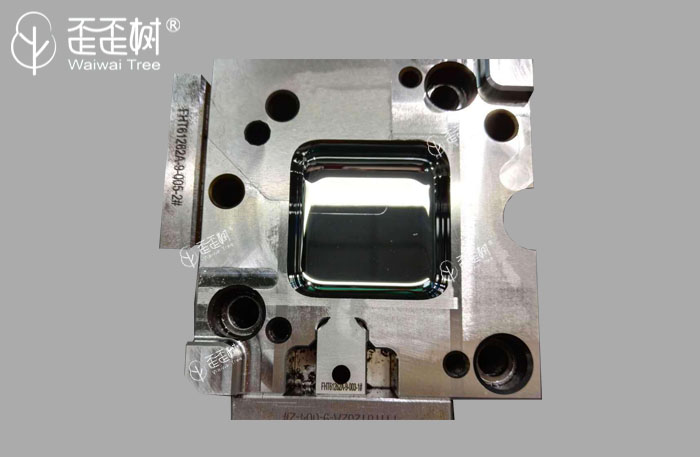


 English
English 日本語
日本語 français
français Deutsch
Deutsch Español
Español italiano
italiano русский
русский العربية
العربية tiếng việt
tiếng việt Polska
Polska română
română






